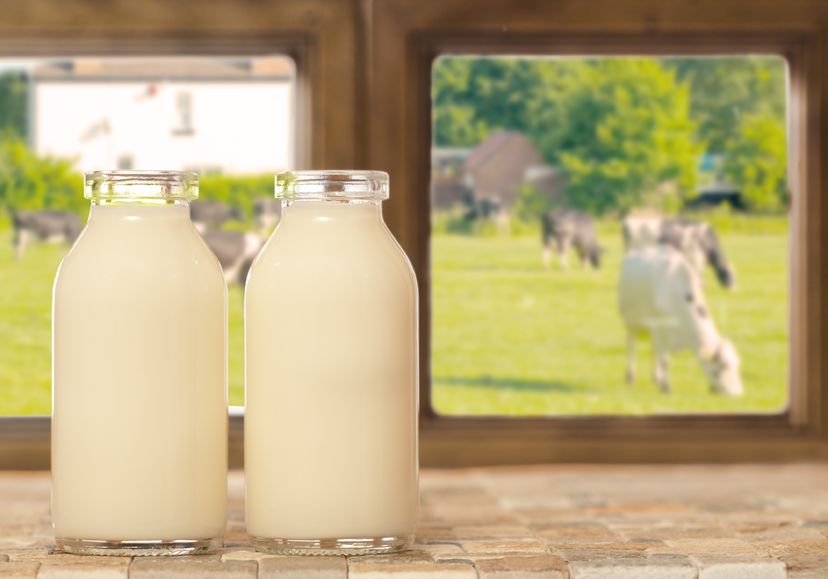
There is no excuse for the supply chain to continue to delay price increase to milk producers, NFU Scotland has said as several processors increase price and more urged to do follow suit.
Autumn 2014 was the last time for milk price to rise to 30ppl in Scotland. Yew Tree, which processes Scottish milk, is offering fixed term price options, which will allow farmers to plan with some certainty.
And English-based Barbers, the family cheese company, has committed to increasing its milk price over the coming months to above 30ppl by February 2017. Barbers’ initiative commits to future prices based on a confidence in the company itself as well as the predicted strength in the market.
NFU Scotland has welcomed these initiatives, and is calling for 'more commitment and collaboration' from those milk processors in Scotland, or who buy Scottish milk, who are 'failing to react' to the rising market or the 'drastic need' to increase farmers milk cheques.
'Serious losses'
Graeme Kilpatrick, Milk Committee Chairman commented: "Farmers have suffered serious losses and inevitably milk production is in serious decline, which will not be reversed quickly.
"Objective and informed market analysts are now confident that the value in dairy products will continue to rise, well into 2017, with future prices indicating that the return to farmers should be 28 to 30 ppl, maybe more.
"There is no excuse for the supply chain to continue to delay price increases to producers. The time lag has been long enough and it is unforgivable and grossly irresponsible to delay commitments to price increases any longer."
Mr Kilpatrick said NFU Scotland urged all processors to commit to a higher price.
"We need contracts and pricing models that are proactive, collaborative and agreed rather than imposed by processors with no thought to long term efficiency and sustainability of supply.
"We firmly believe that farmers groups should be independently run and financed, able to employ professional support experienced in dairy markets and negotiating skills. This would be of great benefit to processors and farmer alike and would go some way to manage the challenges of the supply chain, which the current ‘model’ has patently failed to do."
